With a packed schedule during two days in Davos, Prime Minister Pham Minh Chinh will show that Vietnam is not only interested in national development issues but also wishes to contribute its voice and solutions to regional and global issues.

Prime Minister Pham Minh Chinh and his wife waved goodbye before boarding the plane, leaving for Europe in the early morning of January 16 - Photo: NHAT BAC
This is the most notable major multilateral economic event in early 2024. The presence of Prime Minister Pham Minh Chinh at WEF Davos 2024 not only shows respect for the WEF leadership but also demonstrates Vietnam's high interest in global issues affecting many countries in the context of many "headwinds" in the world.
4 "headwinds" in 2024
The “Chief Economists’ Outlook” report, released on January 15 at the WEF Davos 2024, highlighted the precarious nature of the current economic environment. In fact, more than half of the chief economists (56%) surveyed for the report said they expect the global economy to weaken this year, while 43% expect conditions to remain unchanged or get stronger.
Furthermore, while expectations of high inflation have eased across all regions, the survey shows that regional growth prospects vary widely, with no region predicted to experience very strong growth in 2024.
The report also noted that businesses and policymakers "face persistent headwinds and continued volatility as global economic activity remains sluggish."
According to Mr. Indermit Gill - senior vice president and chief economist of the World Bank, there are four "headwinds" in 2024: continuing conflicts, sudden economic downturns in some of the world's leading economies, financial stress especially interest rates, and finally trade fragmentation.
“Trade restrictions and policies such as friendshoring and nearshoring may seem like sensible policy responses to national security concerns. But such measures could delay the recovery we need to see in global trade,” Indermit Gill noted.
The interplay of geopolitical uncertainties and a record number of upcoming elections around the world will add to the risks and unpredictability. In the current global context, it is understandable that most countries prioritize ensuring "strategic autonomy" and promoting sustainable development.
However, in tackling the climate emergency, a major obstacle is the need for large supplies of minerals and raw metals needed for high-tech industries, renewable energy and electric vehicles. Competition between strategic rivals is increasingly common, leading to restrictions on the flow of technology and tit-for-tat retaliation.
"The solution to this problem is to promote multilateral cooperation, reduce trade conflicts and combat fragmentation in the supply of raw materials that are vital to protecting the health of the planet and the future of humanity," said Beata Javorcik, chief economist of the European Bank for Reconstruction and Development.

Prime Minister Pham Minh Chinh in a meeting with Professor Klaus Schwab (second from left), founder and executive chairman of WEF, in 2023 - Photo: VGP
Voice of Vietnam
At WEF Davos 2024, Prime Minister Pham Minh Chinh will attend and speak, sharing Vietnam's vision at the conference's key sessions, including the Vietnam - WEF National Strategy Dialogue with leading corporations on the topic "Next Horizon: Promoting transformation, opening up new growth drivers in Vietnam" and the Policy Dialogue "Vietnam: Orienting a global vision".
"Through activities like this, Vietnam demonstrates to international friends that it is a country with strengths in future-oriented economic plans, focusing strongly on sustainable growth and digitalization in all sectors from food, agriculture, manufacturing to services and digital solutions," Philipp Rösler, former German Vice Chancellor and Chairman of the Vietnam - Switzerland Economic Forum, told VNA.



![[Photo] Unique folk games at Chuong Village Festival](https://vstatic.vietnam.vn/vietnam/resource/IMAGE/2025/4/10/cff805a06fdd443b9474c017f98075a4)
![[Photo] Prime Minister Pham Minh Chinh chairs meeting to discuss tax solutions for Vietnam's import and export goods](https://vstatic.vietnam.vn/vietnam/resource/IMAGE/2025/4/10/19b9ed81ca2940b79fb8a0b9ccef539a)


![[Photo] Phuc Tho mulberry season – Sweet fruit from green agriculture](https://vstatic.vietnam.vn/vietnam/resource/IMAGE/2025/4/10/1710a51d63c84a5a92de1b9b4caaf3e5)




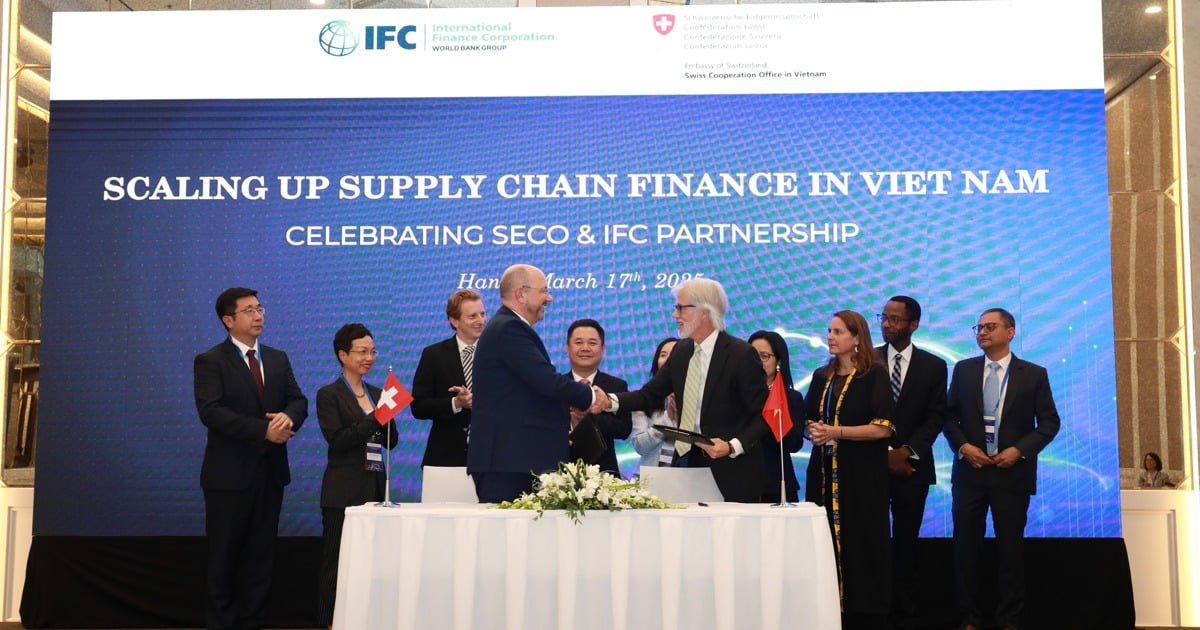




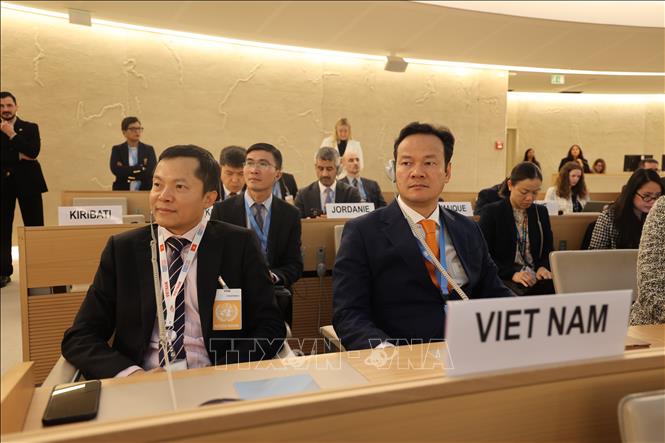



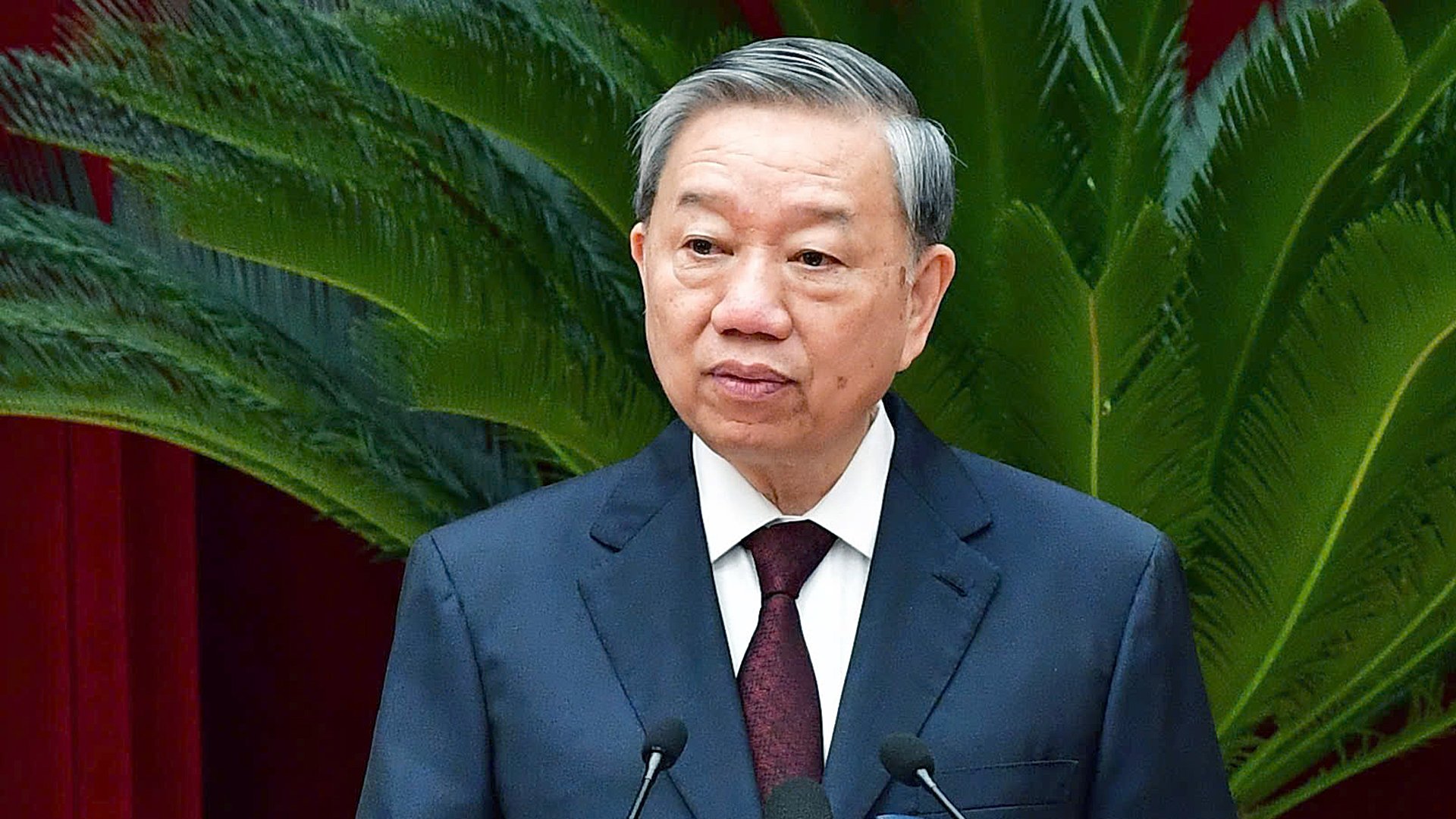
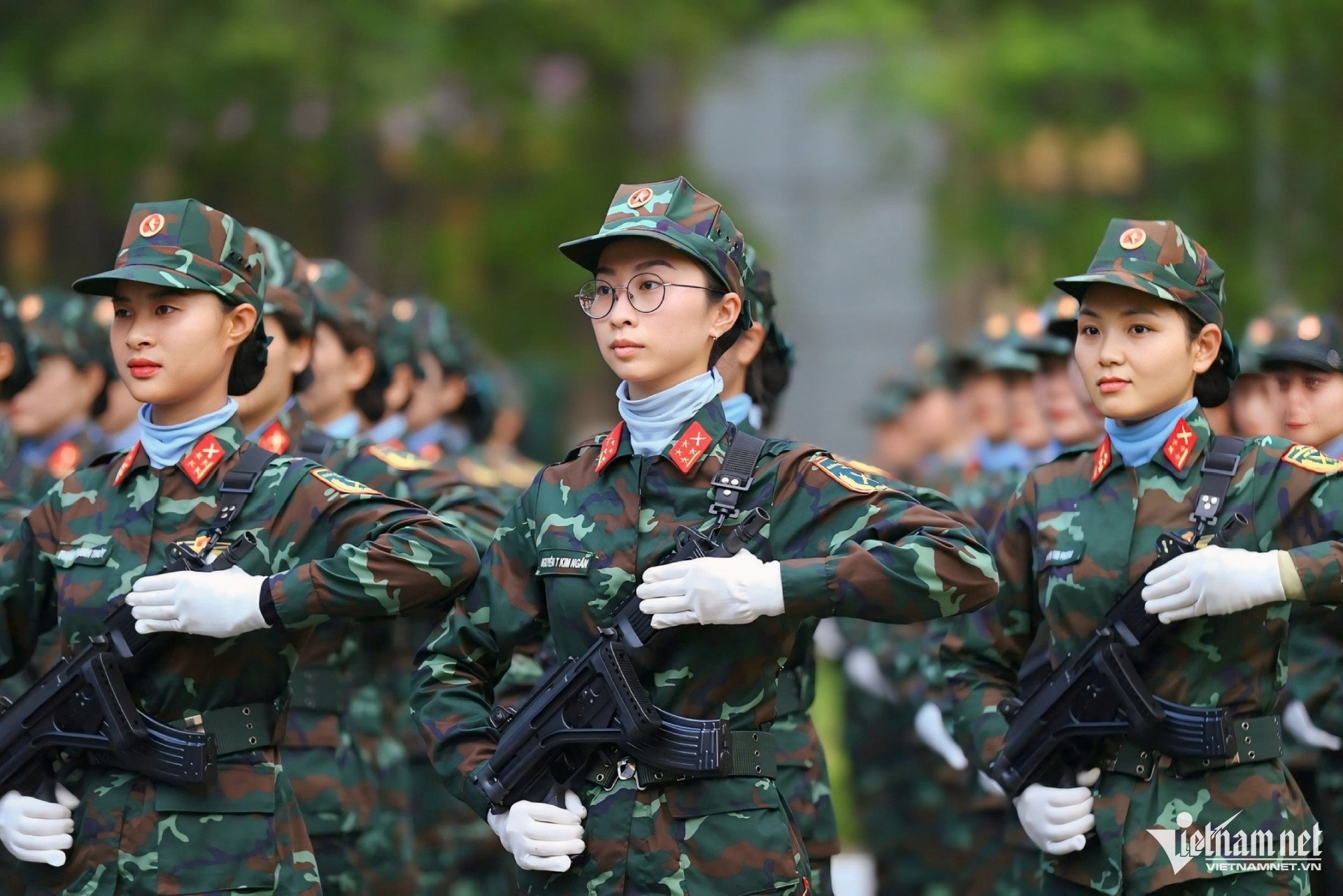
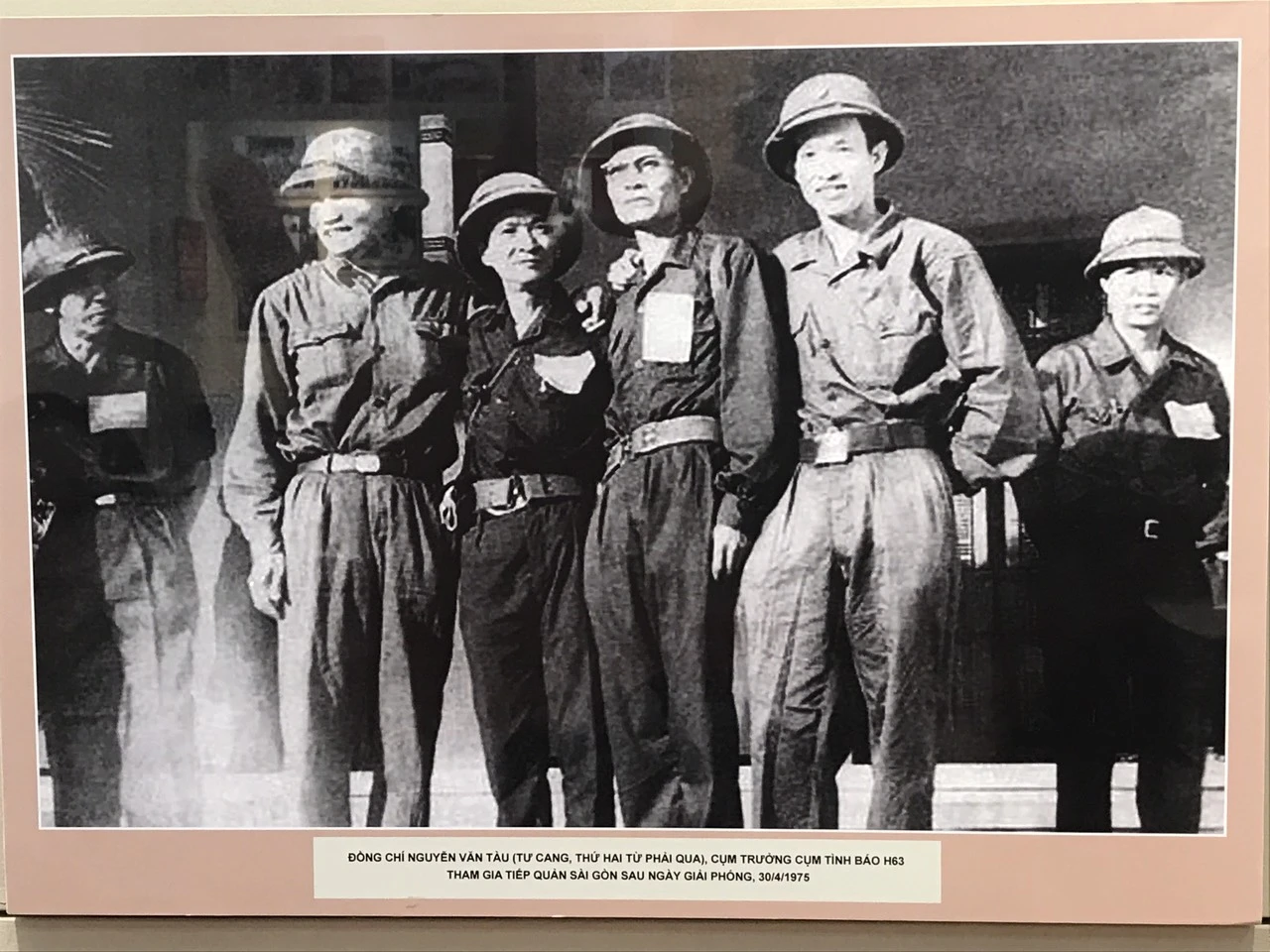





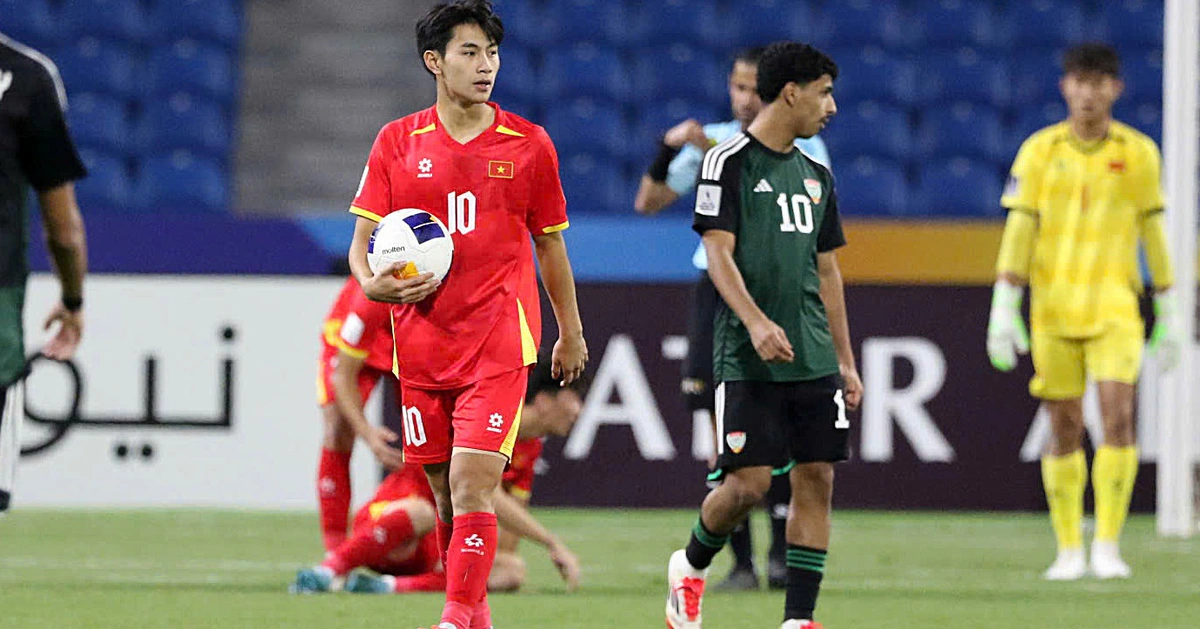
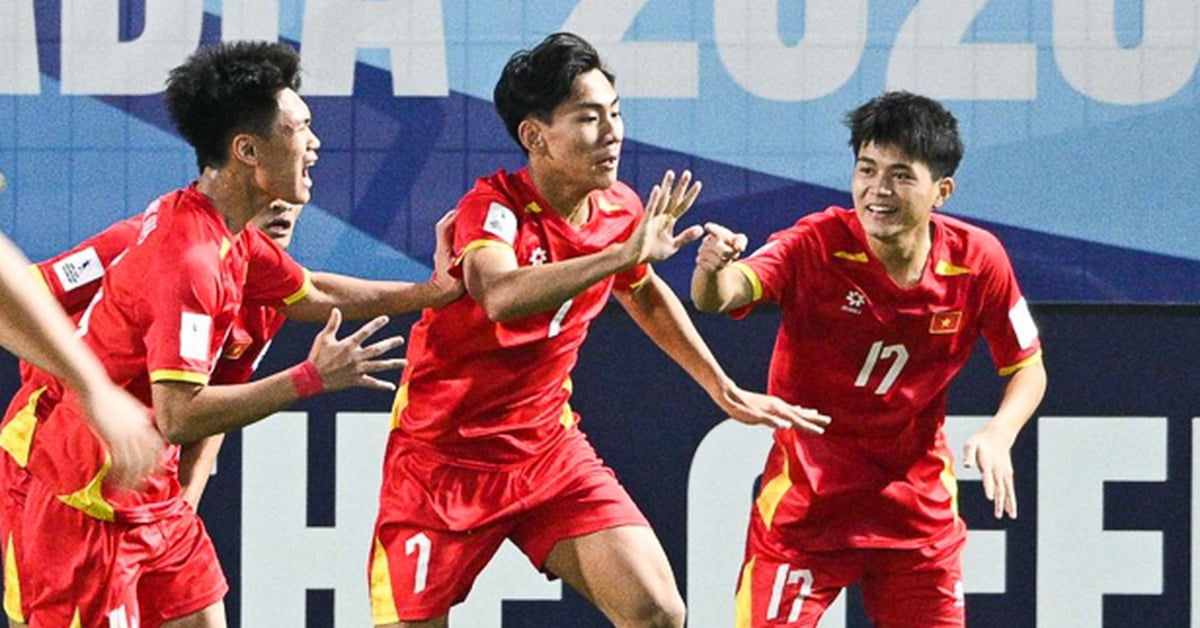
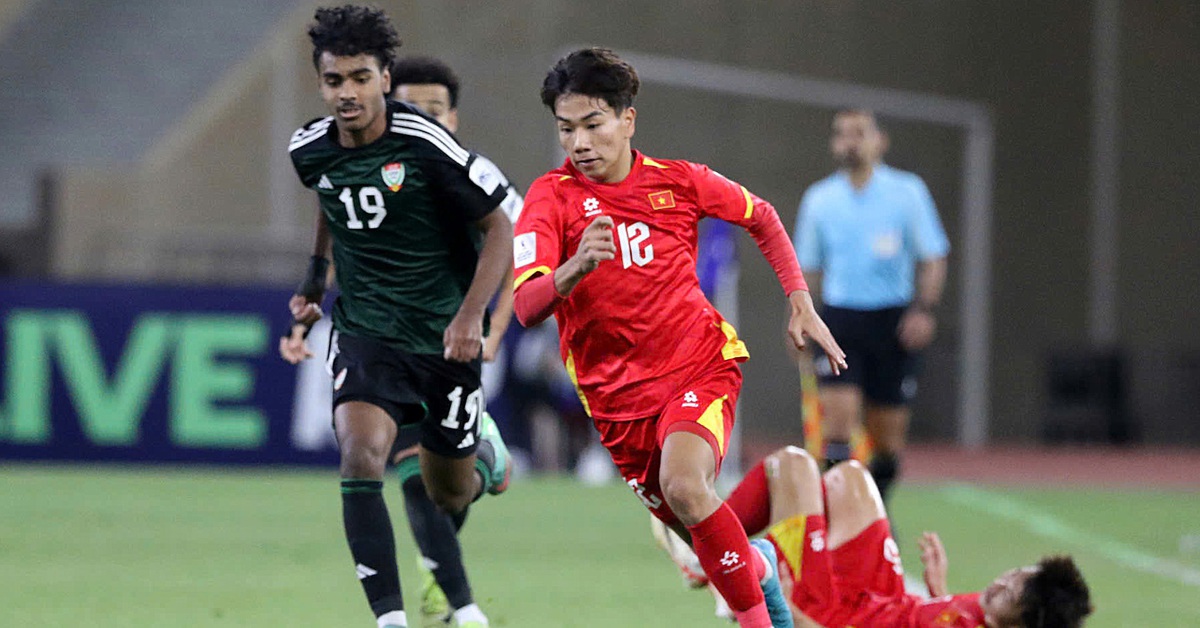















































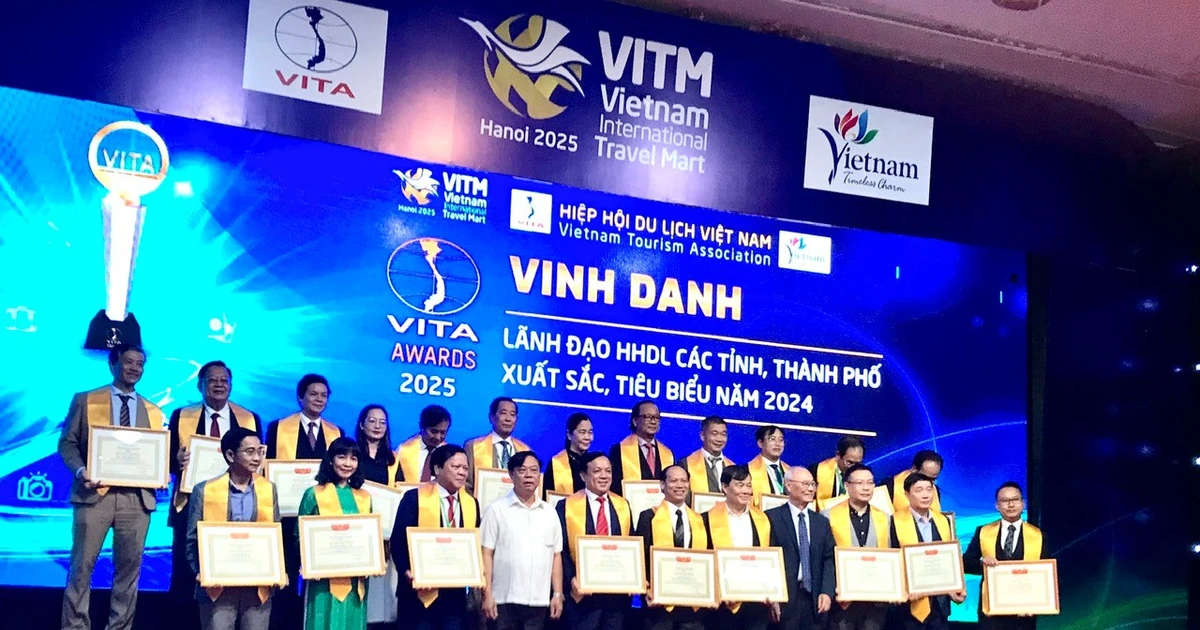



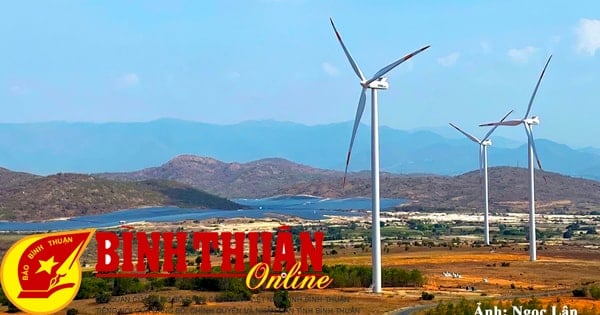

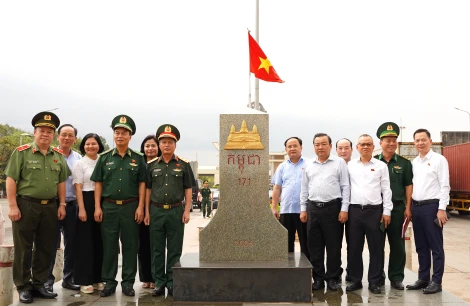
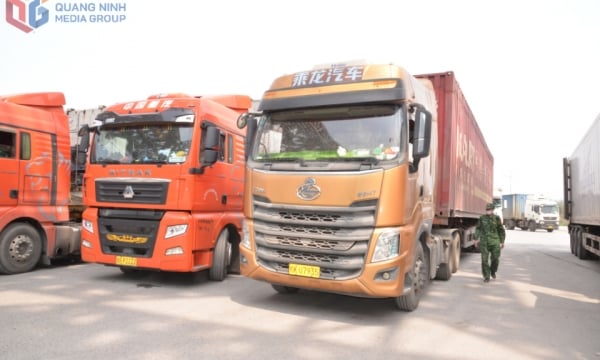

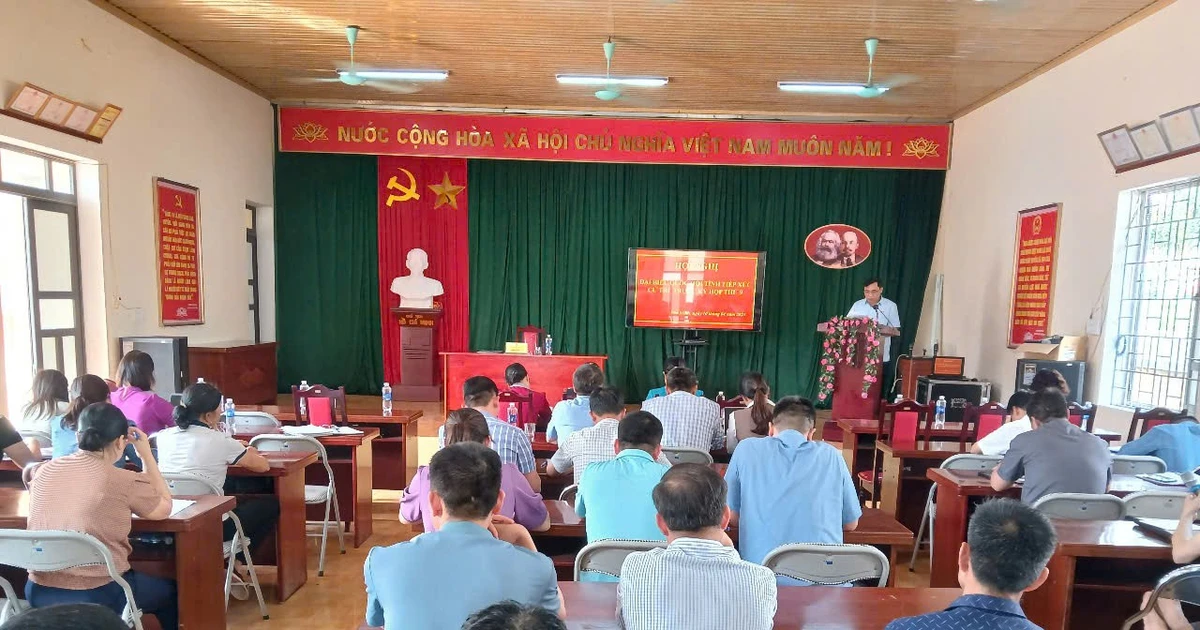









Comment (0)